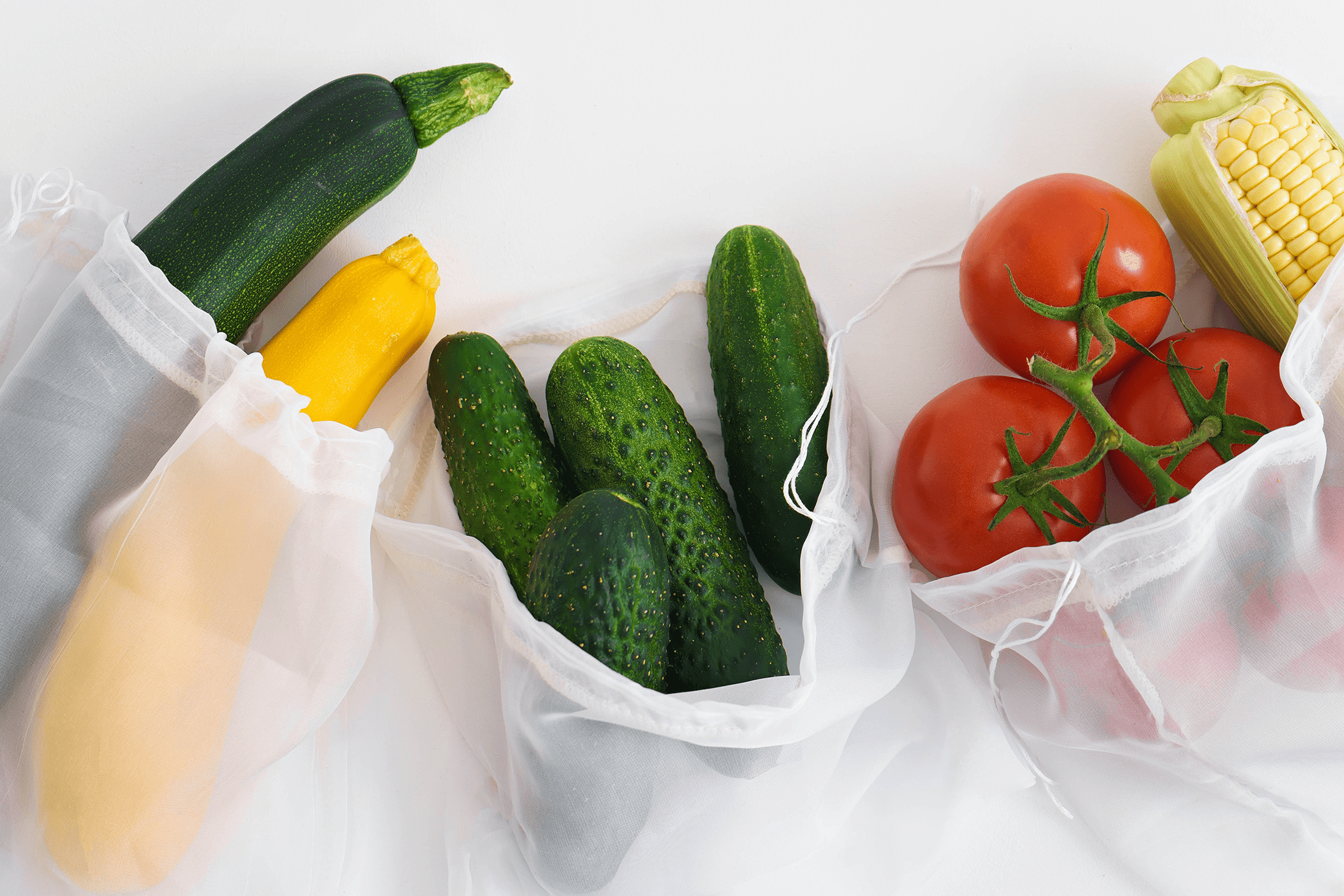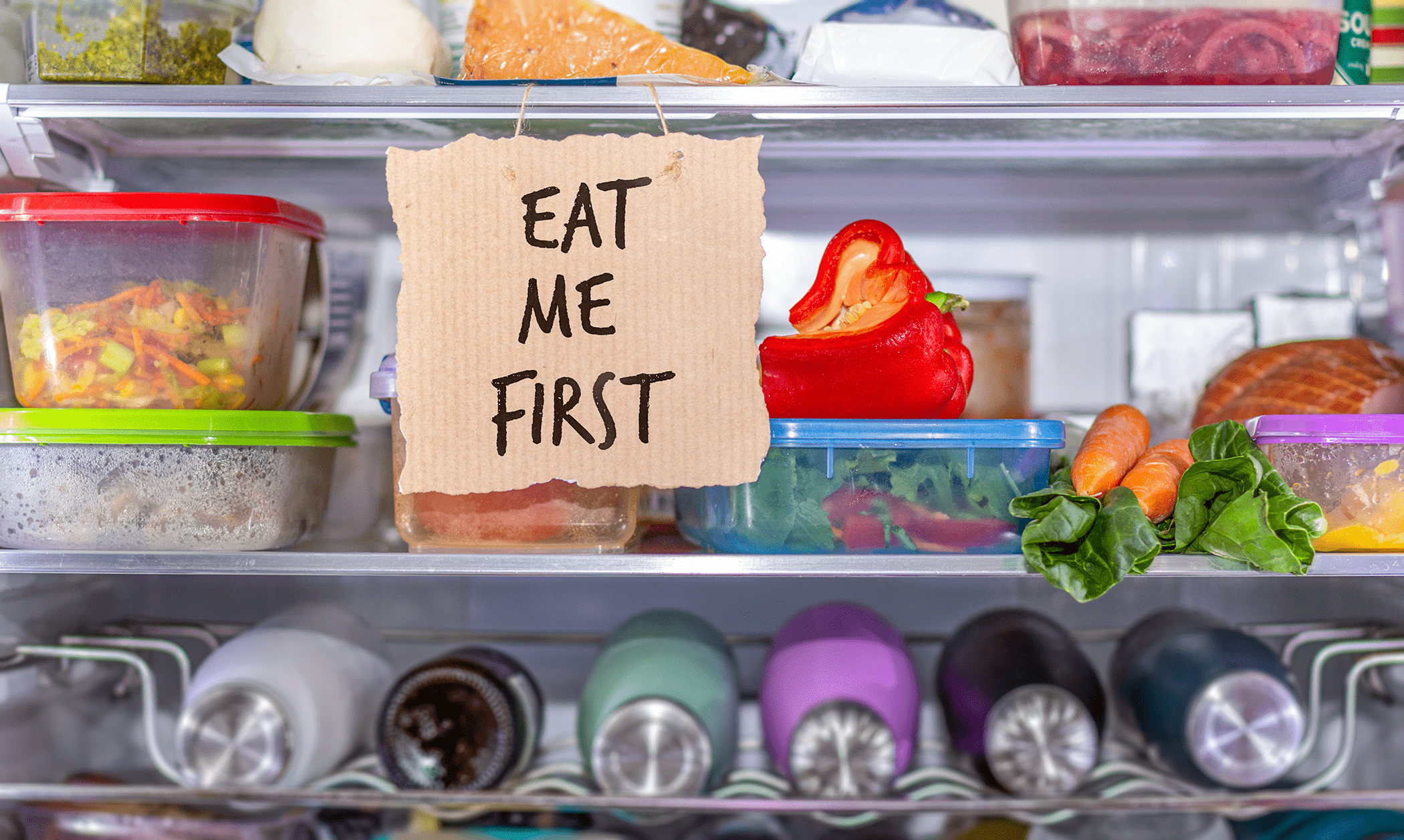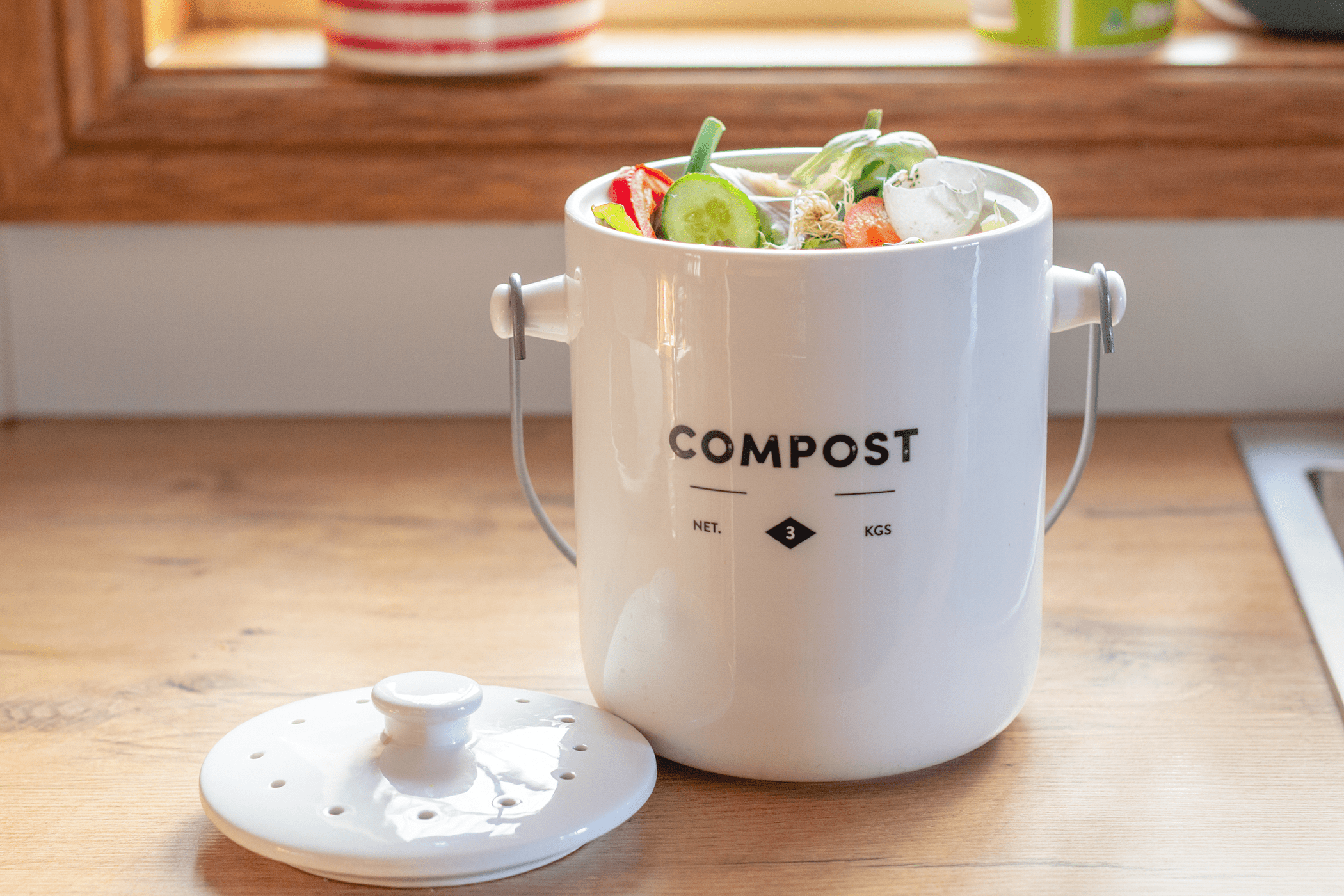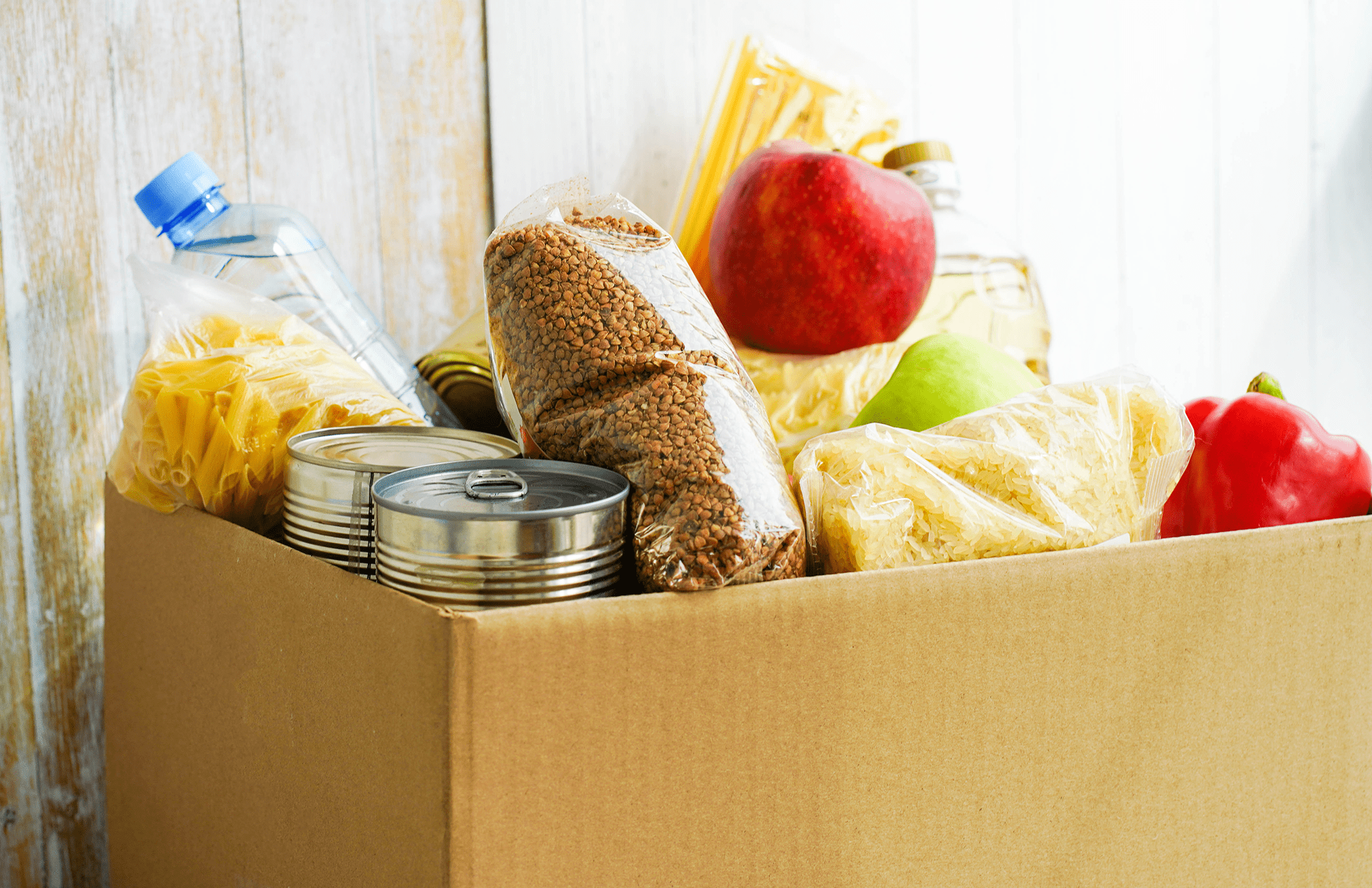More than a third of all food in the United States is thrown away or discarded. Food waste not only squanders resources but can also strain budgets. As I go on my sustainability journey, I think about what I can do in my kitchen to eliminate waste as much as possible. Here are some tips I am embracing to reduce food waste in my kitchen.
Think small.
The simplest way to lessen food waste is to reduce the amount of food coming into my home. If you regularly throw out food, it might be time to scrutinize your purchasing and eating habits. I have gotten much better about this. Try to tailor your food purchases to your consumption patterns. I am guilty of buying a huge bag of baby spinach, and then it spoils before I can eat it all. So I started buying smaller amounts. Buying perishable food in bulk only makes sense if you can finish the entire product before it goes bad.

Get creative with leftovers.
Many people have the best intentions when it comes to leftovers. This is me. You might plan to eat them, but then they get shoved to the back of the refrigerator and forgotten. Or, the leftover pasta from last night’s restaurant meal might look unappetizing the next day.
When it comes to leftovers, I try two things. First, keep them in a prominent place where they can’t be overlooked, such as in the front section of my refrigerator. Second, I experiment with making leftovers into new, tasty meals. An online search of the ingredients in your leftovers, along with a query about recipes, should help you get started.

Cut down on packaged snack foods and other processed foods.
Processed foods, such as potato chips, come in disposable packaging that ends up in landfills. By cutting down on processed foods, you can help to reduce waste. Instead of buying packaged snacks and meals, I try to cook as often as possible, But who are we kidding? That is not easy to do when you are exhausted from the day.
Cooking from scratch can be more time-consuming than making something from a package, but with a little planning, I have managed to enjoy healthy and convenient meals almost daily. Prepare a pot of soup or a large casserole, freeze most of it, and then reheat it as needed on those days when you’re too busy to cook. Or, look online for quick recipes using healthy, whole foods.

Compost food scraps.
Composting is a great way to deal with odds and ends that can’t be eaten, such as vegetable peels and overripe fruit. This is a step I look forward to taking on my sustainability journey. If you don’t have the time, space, or inclination for a home compost pile, check to see if your city has a composting program. Some municipalities will pick up compost along with your garbage and recycling. There are startups in my city that offer this service, and I am doing my research.

Donate what you can’t use.
Whether it’s an over-abundance of produce from your garden or the extra cans of baked beans that you know you’ll never eat, the waste from your kitchen can be someone else’s treasure. Most food banks gladly accept donations of non-perishable foods year-round. Chances are good that you’ll find a person or organization who wants free food.

Cutting down on food waste, mean I will save money and conserve resources. Plus, the journey to a sustainable kitchen is a bit of a fun experience as I discover new recipes and creative ways to save food waste from the landfill.


Recent Comments